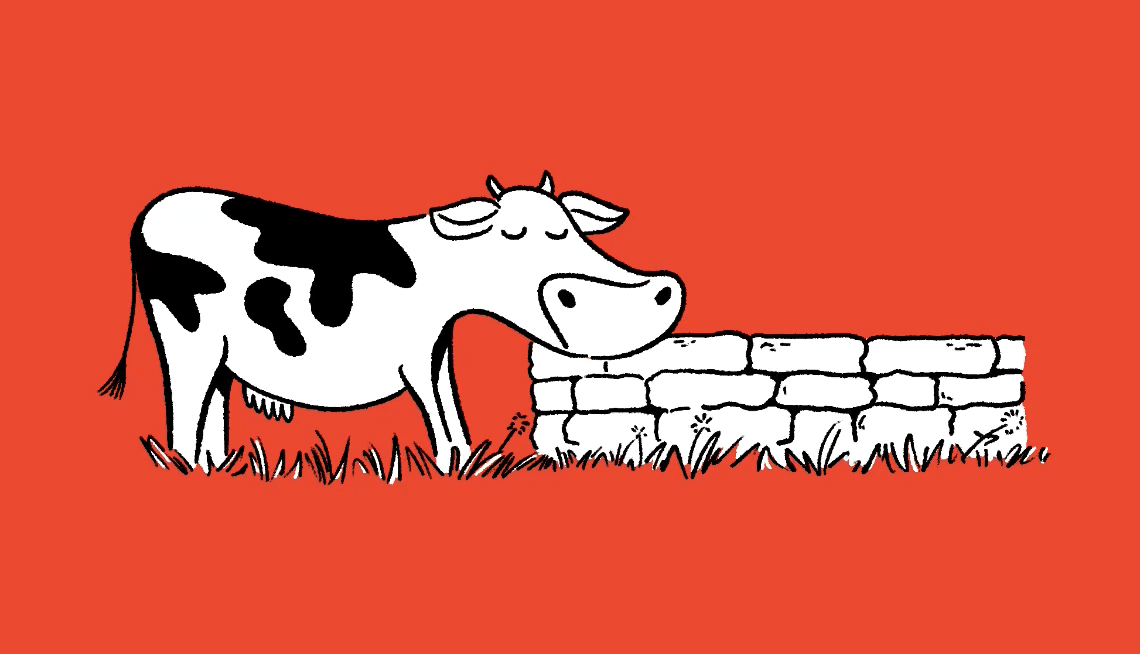AARP Hearing Center


I read that we need to get more protein as we get older. How much protein do I need, and how do I work it into my day?
You’re absolutely right. Protein is crucial for everybody and as we age it’s even more important. In fact, we should be eating twice as much protein than a younger person. While someone in their 20’s might want to increase their protein intake to build a buff body, older people need it to maintain their muscle mass and help prevent the kind of weakness associated with aging.


AARP Membership— $12 for your first year when you sign up for Automatic Renewal
Get instant access to members-only products and hundreds of discounts, a free second membership, and a subscription to AARP the Magazine.
Muscle weakness not only increases the risk of falls and fractures, but it’s linked to heart disease, as well as exhaustion, social isolation and depression. When I hear someone say: “Adam, I don’t feel like going out with my friends anymore. I’m just too tired. I’d rather stay: home and rest” — one of the things I consider is whether this patient is consuming enough protein.
Ironically, even though protein should be playing a starring role in our diets as we age, many older adults eat even less of it. I read a study in the Journal of Nutrition, Health & Aging where researchers looked at the data of over 11,000 people and found that 46 percent of the oldest adults didn’t meet current daily protein recommendations.


Ask Dr. Adam
Adam B. Rosenbluth, M.D., is an internist and cardiologist in New York City. Each Monday, he’ll weigh in on your questions about how to make your body work better for you. His AARP book will be published in 2027.
Your doctor will be able to know if you’re getting enough protein by drawing blood and looking at your albumin, which is another term for protein levels. If you’re over 60 and a woman, the reading ideally should be somewhere around 44.9, and if you’re a male, 45.1.
How much protein should we consume each day? The AARP book, The Whole Body Reset, recommends that women over age 50 should eat at least 25 grams of protein at each meal and men over 50 should eat at least 30 grams for each meal. It's especially important to spread protein throughout the day, including breakfast.






























































More From AARP
Ask Dr. Adam
Adam Rosenbluth, M.D., a top internist and cardiologist, weighs in on your questions
25 Foods to Avoid
Leave these behind and make healthier choicesProtein Supplements: What You Need to Know
Adults need more protein as they get older, and many experts say whey powder is the way to go
Recommended for You